Equifax, one of the nation’s top three credit reporting agencies, confirmed its systems were recently affected by a cyber security incident, impacting upwards of 143 million people. This incident has potentially exposed sensitive data for those affected, including names, dates of birth, addresses, credit card numbers, social security numbers, etc. The credit reporting agency has issued a formal warning that consumers may be at risk, whether they are Equifax customers or not.
To determine if your personal information was impacted by this incident, Equifax has offered the following steps:
- Click on Check Potential Impact to provide your last name and the last six digits of your Social Security number.
- Based on that information, you will receive a message indicating whether your personal information may have been impacted by this incident.
- Regardless of whether your information was impacted, Equifax will provide you with the option of enrolling in “TrustedID Premier,” and you will be given an enrollment date. Click on the link that is then provided on or after the enrollment date, but before the enrollment period, which ends Tuesday, November 21, 2017.
- Follow the “How do I enroll?” instructions to continue the activation process.
Equifax has also set up a dedicated website for individuals to voice concerns or ask questions. As an added precaution, Equifax has indicated that they will be mailing notices to those who are potentially impacted.
We suggest you take the following actions to protect yourself, if you feel you might be affected by this breach or others:
- Monitor your statement and transactions. Let your credit card company or financial institution know immediately if you notice an unexpected or erroneous charge on your statement, or while reviewing your transactions online.
- Catch an incident early by ordering a free credit report from any of the three major credit bureaus. If an identity thief is opening credit accounts in your name, these accounts are likely to show up on your report. Visit www.annualcreditreport.com or call 877.322.8228 for more information. Accounts or activity that you don’t recognize could indicate identity theft. Visit IdentityTheft.gov to find out what to do.
- All suspicious activity should be reported to the Federal Trade Commission through www.consumer.gov/idtheft, or by calling 1-877-IDTHEFT.
- The Federal Trade Commission (FTC), publishes an excellent pamphlet entitled, “Take Charge: Fighting Back against Identity Theft”. You can access it at our branch offices or at the FTC website.
- Consider placing a credit freeze on your files. A credit freeze makes it harder for someone to open a new account in your name. Keep in mind that a credit freeze won’t prevent a thief from making charges to your existing accounts.
- If you decide against a credit freeze, consider placing a fraud alert on your files. A fraud alert warns creditors that you may be an identity theft victim and that they should verify that anyone seeking credit in your name really is you. Contact one of the three major credit bureaus and discuss whether you need to place a fraud alert on your file, which will help prevent thieves from opening a new account in your name. Here is the contact information for each bureau’s fraud division:
- Equifax, P.O. Box 740250, Atlanta, GA 30374, 800-525-6285
- Experian, P.O. Box 1017, Allen, TX 75013, 888-397-3742
- TransUnion, P.O. Box 6790, Fullerton, CA 92634, 800-680-7289
The American Bankers Association offers the following information on how to respond quickly to identity theft:
- Don’t give your social security number or other personal credit information about yourself to anyone who contacts you.
- Tear up receipts, bank statements and unused credit card offers before throwing them away.
- Keep an eye out for any missing mail.
- Choose to do business with companies you know are reputable, particularly online. When conducting business online, make sure your browser’s padlock or key icon is active, indicating a secure transaction.
- Never give out personal financial information in an email.
- Never give out personal financial information over the phone unless you have initiated the contact.
- When using social networking sites, never include personal contact information including birth date, email addresses, physical address, mother’s maiden name or other information that could provide sensitive information to fraudsters or hints to passwords.
- Don’t open email from unknown sources and use virus detection software.
- Protect your PINs (don’t carry them in your wallet!) and passwords; use a combination of letters and numbers for your passwords and change them periodically.
